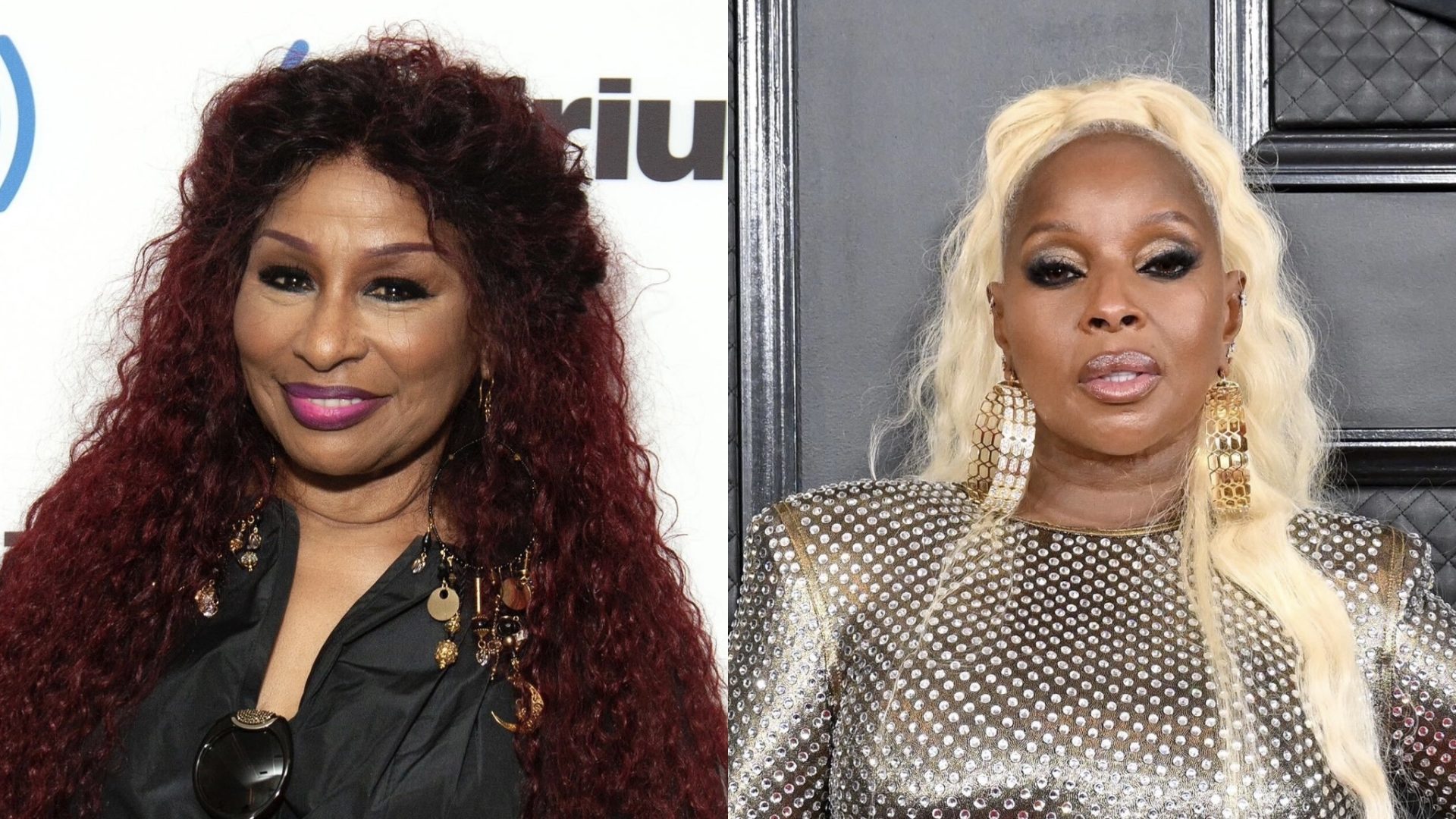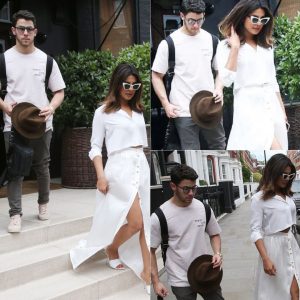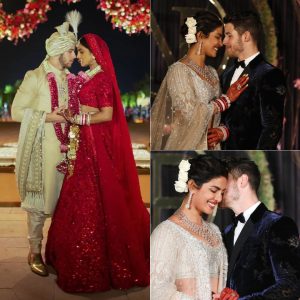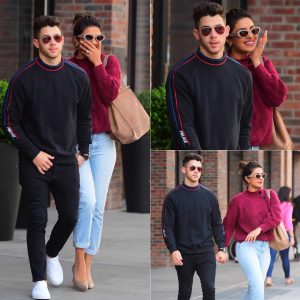Mary J. Blige is widely considered the “Queen of Hip Hop Soul” for pioneering a blend of hip hop, R&B, and rap that has influenced countless artists. Over her three-decade career, Blige has earned ten Grammys, four American Music Awards, and sold over 80 million records worldwide. However, before Mary J. Blige emerged on the scene in the early 1990s, there was another legendary singer who paved the way – Chaka Khan.

Khan’s career began in the 1970s with the band Rufus and reached new heights as a solo artist in the 1980s. She is renowned for her powerhouse vocals, genre-bending style, and passionate stage presence. While Blige has not explicitly stated what she learned from Khan, there are clear connections between their approaches to music and performing that suggest Khan’s influence. Let’s examine some of the key takeaways Mary J. Blige may have gleaned from Chaka Khan’s trailblazing career.
Vocal Power and Stage Presence

One of the most obvious areas where Chaka Khan served as an inspiration is in vocal ability and live performances. Known as the “Queen of Funk,” Khan possesses an incredible five-octave vocal range that allows her to belt out notes with ease. She delivers each song with raw emotion and energy that captivates audiences.
Blige, too, is celebrated for her powerhouse vocals. She fearlessly lays her soul bare through her singing, conveying deep feelings of pain, resilience, and triumph. Like Khan, Blige’s live shows are dynamic, high-energy events where she commands the stage through her presence alone. Witnessing Khan pour her entire being into performances likely taught Blige the importance of connecting with audiences on a visceral level through vocals and stage charisma.

Honesty and Vulnerability in Songwriting
Another quality Khan and Blige share is their willingness to incorporate personal experiences into songwriting in a blunt, honest manner. Long before the “age of oversharing,” Khan sang openly about relationships, heartbreak, and life struggles. Her 1984 hit “I Feel For You” dealt directly with infidelity, an unusually candid topic for pop music at the time.
Blige followed suit in her early albums, baring her soul through songs dealing with addiction, abuse, poverty, and survival. Her unfiltered approach resonated deeply with listeners seeking realness in music. Khan paved the way for artists like Blige to express authentic emotions, flaws, and truths through their art – a signature quality of both women’s discographies. By watching Khan’s fearless vulnerability, Blige likely gained courage to put her unvarnished experiences to paper.

Genre-Bending Versatility
Throughout her five-decade career, Chaka Khan has seamlessly blended genres like funk, R&B, pop, jazz, and more. She effortlessly transitions between uptempo dance tracks and smoky ballads. This versatility allowed Khan to stay relevant across musical eras and different radio formats.
Blige has followed a similar path, experimenting with hip hop, reggae, dance, rock, and other styles while maintaining her R&B roots. From her hip hop-influenced early work to recent pop-leaning albums, Blige constantly evolves her sound. By observing Khan incorporate diverse influences, Blige likely learned the importance of pushing boundaries sonically to engage new audiences and sustain a lengthy career. Versatility prevents artists from being pigeonholed into one niche and keeps their music fresh.
The Value of Authentic Self-Expression
Perhaps the biggest lesson Mary J. Blige could have learned from Chaka Khan is the power of authentically expressing oneself through art. Khan broke barriers by singing openly about topics like 𝓈ℯ𝓍uality, relationships, and personal struggles far before it became commonplace. She established herself as a bold, fearless artist unwilling to conform to expectations or censorship.
Blige mirrored this courageous approach through her raw honesty about addiction, abuse survival, and mental health journeys. Like Khan, she refuses to shy away from uncomfortable topics or sugarcoat her experiences. Both women prioritize genuine emotional communication over superficial imagery or respectability politics. Their willingness to be vulnerable yet unapologetic role models no doubt impacted Blige’s vision of using her platform for healing through truthful self-expression.
Longevity and Reinvention
:max_bytes(150000):strip_icc()/Chaka-Khan-Mary-J-Blige-01-030623-5d4b2dc49c474341a8e7b46f790c4f6b.jpg)
With over 50 years in the music industry, Chaka Khan has demonstrated the importance of constantly evolving one’s sound and image to sustain longevity. Across disco, pop, and R&B eras, she adapted her style while retaining her signature vocal prowess. Even in her late 60s, Khan continues recording new music and performing for devoted fans worldwide—a testament to her ability to stay relevant.
Now in her fifth decade in the business, Blige is also taking cues from Khan’s model of reinvention. After first breaking barriers in the 1990s, Blige has since explored different genres like dance music, taken on acting roles, launched her own whiskey brand, and headlined major festivals. Like Khan, she understands the necessity of diversifying beyond just music to engage new audiences and expand her brand. By watching Khan’s multi-decade career trajectory, Blige likely grasped the value of constant growth and adaptation for long-lasting success in the industry.
Conclusion
While Mary J. Blige has not publicly documented direct influences, it’s clear she could have gleaned important lessons from the legendary Chaka Khan’s pioneering career. Khan’s incredible vocals, raw songwriting, genre-blending style, and decades-spanning career no doubt served as inspiration. Through observation, Blige cultivated her own powerhouse vocals, fearless honesty, versatility across eras, and drive for authentic self-expression. She also grasped the necessity of reinvention to achieve Khan’s level of longevity in the cutthroat music business. Both women leave an indelible mark as trailblazing queens of R&B who overcame obstacles to stay true to their artistry – a lesson any aspiring artist could learn from their examples.





